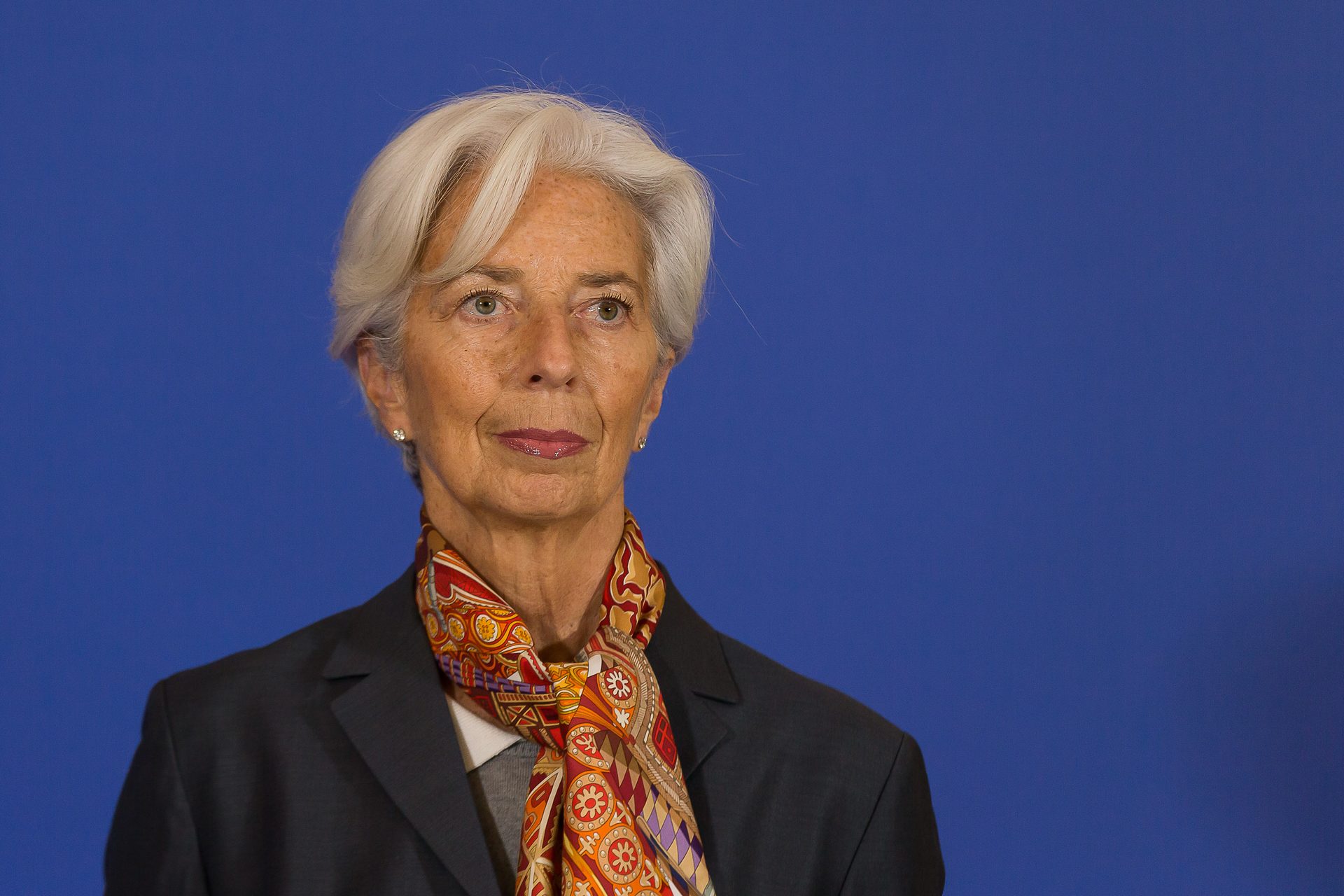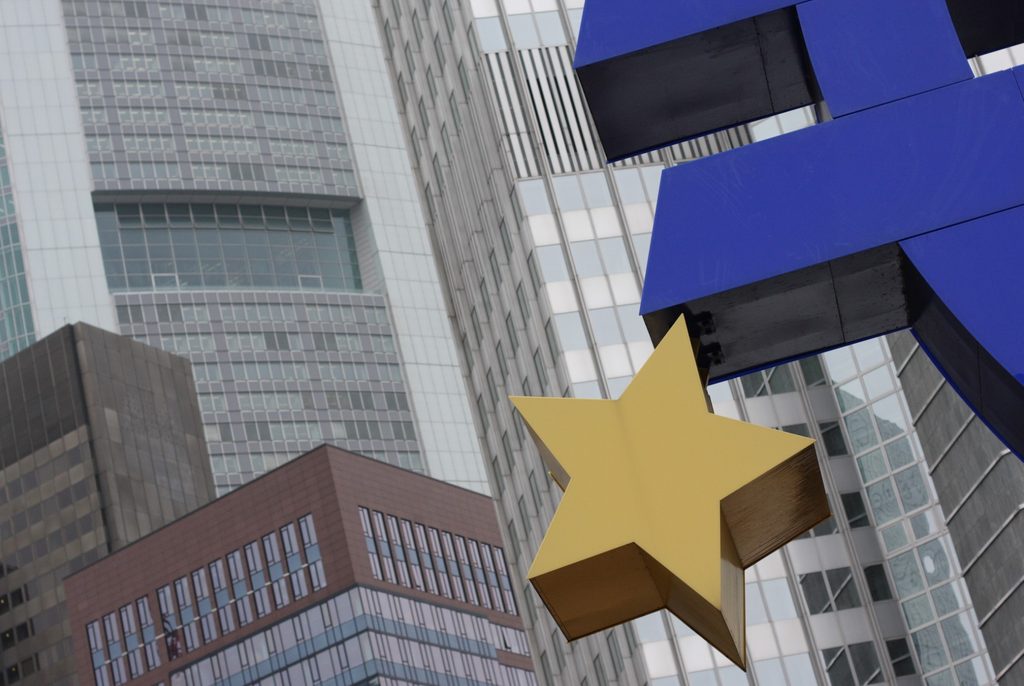The European Central Bank (ECB) raised interest rates by 25 basis points (0.25 percentage points) on Thursday, bringing its benchmark deposit facility rate to 3.5% – its highest level in 22 years.
In a press release, the Bank justified the move by noting that eurozone inflation (currently at 6.1%) "is projected to remain too high for too long". It reiterated its commitment to ensuring that inflation drops below the ECB's official 2% target "in the medium-term... in a timely manner".
Echoing the forecasts of other independent studies, the Bank predicted that eurozone inflation will average 5.4% this year before dropping to 2.2% in 2025. It also projected that the currency union, despite currently being in a recession, will grow by 0.9% this year before expanding by 1.6% in 2025.
The hike means that ECB has now raised interest rates eight times in eleven months as it attempts to curb Europe's soaring inflation rate, which is driven in large part by high energy and food prices.
The rate increase also follows the US Federal Reserve's decision to "pause" rate hikes on Wednesday: the first time in 15 months it has failed to raise rates.
A 'highly uncertain outlook'
In a press conference announcing the rate increase, ECB President Christine Lagarde stated that it is "very likely" that the ECB will continue to raise rates at its next meeting in July.
"Are we done? Have we finished the journey? No," Lagarde said. "We are not at our destination. Do we still have ground to cover? Yes."
However Lagarde emphasised that the ECB's projections "remain highly uncertain".

European Central Bank President Christine Lagarde. Credit: Belga / Arthur Gekiere
"The downside risks to growth include Russia's unjustified invasion of Ukraine and an increase in broader geopolitical tensions which could fragment global trade and thus weigh on the euro area economy."
On a more optimistic note, Lagarde said the economic outlook could improve if a strong labour market and reduced uncertainty bolster consumer spending and business investment.
Related News
- Eurozone slips into recession due to high food and energy prices
- Greedflation cost the average Belgian €3,200 in two years, study finds
Lagarde highlighted the Bank's concern over persistent core inflation, which strips out the impact of energy and volatile foods costs. In particular, she noted that the ECB upwardly revised its core inflation projections for each year from 2023 to 2025, and now expects core inflation to average 2.3% in 2025.
In spite of previous interest rate hikes, Lagarde stressed that the ECB remains unsatisfied with the inflation outlook, hence Thursday's decision to raise them further.

